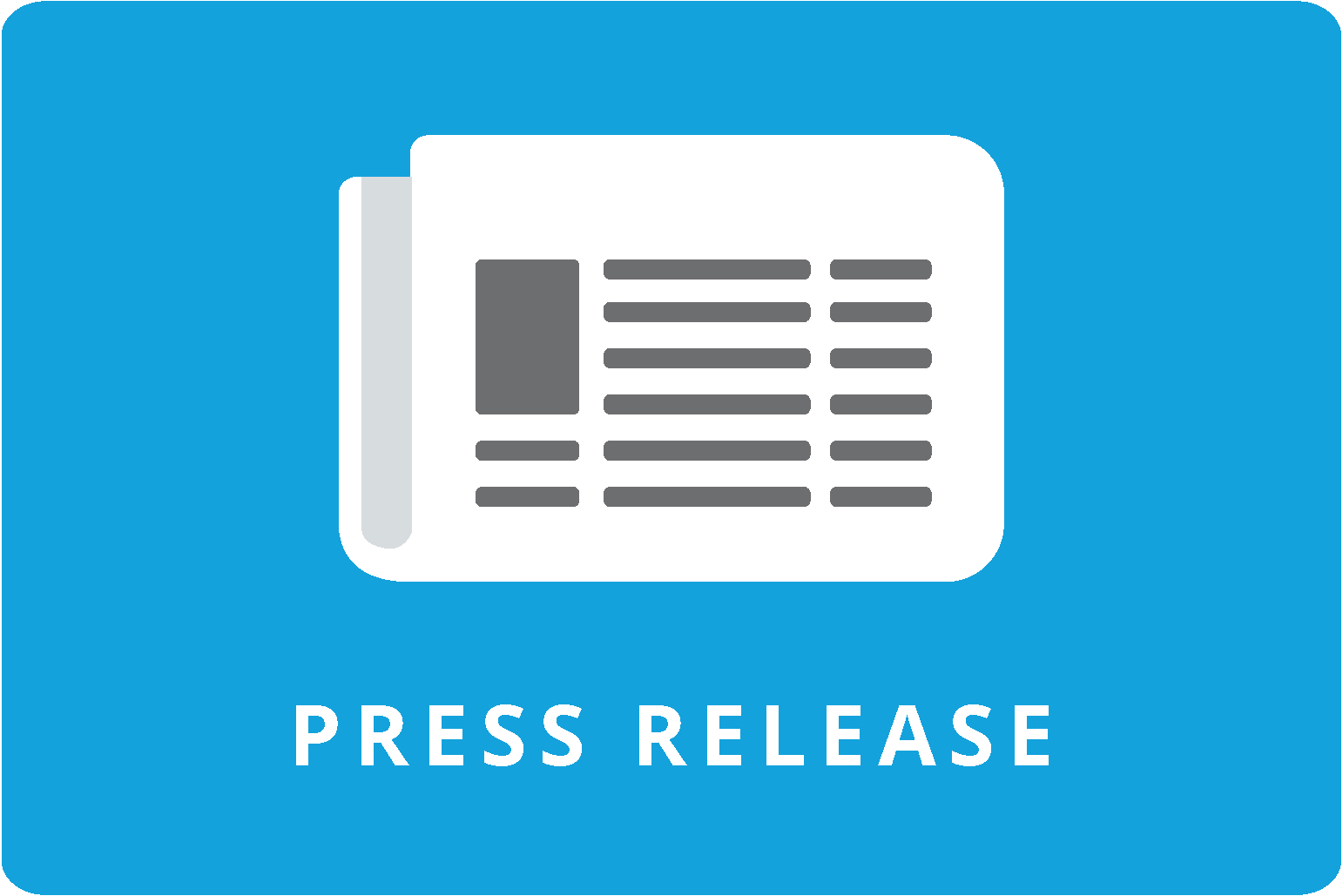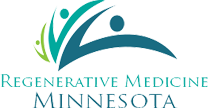
In 2014, the Minnesota Legislature created Regenerative Medicine Minnesota (RMM) as a joint venture between the University of Minnesota and the Mayo Clinic with the goal of establishing infrastructure and supporting research that would bring the benefits of regenerative medicine to the citizens of the state.
RMM is proud to announce the 2016 Education Program and Biobusiness/Biotechnology grant awardees:
Education Programs (Grades 3-12):
Amanda K. Golden, MLIS, Center for Regenerative Medicine, Mayo Clinic Pilot program in 12 Minnesota public schools to engage 3rd-8th grade students in science, medicine, and engineering. By giving them exposure to the fascinating science of stem cells and regenerative medicine using resources and activities appropriate for their learning needs, this program is designed to prepare and inspire future generations of scientists and engineers from Minnesota.
Anna Wirta Kosobuski, EdD, University of Minnesota Medical School Duluth Three community-based summer programs that provide science, math, and research educational opportunities for 3rd-6th grade children from the Bois Forte, Grand Portage, Red Lake, and Leech Lake communities. A fourth program provides opportunities for 7th-12th grade Native American students to explore science and regenerative medicine in classroom and hands-on lab activities as they participate in the Center of American Indian and Minority Health on-campus residential summer programs at the U of MN Medical School Duluth.
SCRUBS Camps, HealthForce Minnesota
Misun L. Bormann, MS, Winona State University (five programs) Leah Meredith, MS, St. Cloud State University (new program) Tracy K. Wilson, MBA, Saint Paul College
Week-long regional summer camps provide middle and high school students from all socioeconomic backgrounds practical experience working and learning in real-life university clinics and laboratories. Students learn about career and education opportunities in regenerative medicine. Ms. Bormann also coordinates with Dr. Daughters (MRMEOP, below) to develop and distribute regenerative medicine curriculum to teachers throughout the state.
Stephanie Zojonc, MS, Minnesota State University Mankato Girls Explore STEM Camp immerses middle school students in activities in science, regenerative medicine, technology, engineering, and math while showing them possible career paths and role models in these fields. Ms. Zojonc also collaborates with Dr. Daughters and his undergraduate students (MRMEOP, below) to create and present the regenerative medicine modules of the program.
Education Programs (Post-Secondary):
Katherine Campbell, PhD, Mayo Clinic Innovative Minds Partnering to Advance Curative Therapies (IMPACT) is an innovative program that challenges undergraduate student teams from around the state to solve real-world medical challenges. These students gain experience in research and scientific theory while exploring the exciting potential of regenerative medicine.
Randy S. Daughters, PhD, Macalester College The Minnesota Regenerative Medicine Education and Outreach Program (MRMEOP) is in its second year creating a network of educators, scientists, students, and community members throughout the state who collaborate to create and distribute regenerative medicine curriculum. A key aspect of the program is the Regenerative Medicine Undergraduate Research Internship, where students spend 10 weeks over the summer developing research projects in a lab and then receive support continuing these projects at their home schools in the fall. MRMEOP is working to create a sustainable infrastructure to incorporate regenerative medicine concepts in education, and these efforts culminate in an annual Regional Regenerative Meeting each fall where educators can exchange ideas and students can report on their research.
Troy C. Lund, MD, PhD, University of Minnesota This pilot summer program introduces first-year medical students to regenerative medicine research by matching them with a mentor and biomedical laboratory where they can develop and perform an independent research project. In addition to providing medical students with valuable research experience, this program will track its impact on their long-term career choices.
Mark J. Osborn, PhD, University of Minnesota Biotechnology Bootcamp serves those who serve or have served in any of the branches of the Armed Forces. Using an intensive basic training model, this program provides entry-level biotechnology core skills that position the participants for employment and post-secondary opportunities in regenerative medicine.
Mary J. Owen, MD, Medical School, University of Minnesota Duluth, The Native Americans into Medicine (NAM) summer science program prepares students for graduate-level success in health-related education. With a focus on regenerative medicine, the program offers students problem-based learning and laboratory sessions that reinforce lectures on science and medicine. By improving proficiency and preparedness, more students will continue their education in health professions at the graduate level.
Todd A. Reinhart, ScD, Saint Mary’s University, Winona The Advancing Regenerative Medicine (ARM) Program gives undergraduate students a two-week, intensive theoretical and practical introduction to regenerative medicine and tissue engineering to spark their interest in this clinically relevant biomedical field.
Saranya P. Wyles, Mayo Medical School Mayo Clinic’s Regenerative Medicine and Surgery Selective (RMSS) program incorporates regenerative medicine education in medical school curriculum to give physicians-in-training the knowledge and experience to integrate regenerative approaches that address unmet needs of their future patients.
Biobusiness/Biotechnology:
Amir A. Naqwi, PhD MSP Corporation, a high-tech firm with expertise in aerosol science, semiconductor technologies, and pharmaceutical quality control is working to develop a flexible catheter that coats the walls of the trachea with cells, nutrients, and other agents to help successfully regenerate lung tissue.
Zeeshan H. Syedain, PhD The Department of Biomedical Engineering at the University of Minnesota is developing a highly specialized technology for manufacturing and culturing tissue-engineered blood vessels for use in pediatric heart repair. In this project, they are evaluating the integration of Good Manufacturing Practices (GMP) in preparation for FDA submission of this regenerative medicine product.
Kent Vilendrer, MS, MBA ST3 Development in Eden Prairie is developing a fully-automated, computer-controlled, and scalable bioreactor drive system that complies with appropriate regulatory standards for use in GMP manufacturing facilities. This is intended to create the capacity to grow tissue grafts in sufficient quantity at clinical quality.
Henry Walker, MA Mayo Clinic in Rochester is creating highly specialized, GMP-compliant infrastructure so they can lyophilize, or freeze-dry, regenerative biological treatments for wound healing, orthopedic disease, and uterine prolapse. Bringing this technology to Minnesota will lower costs and improve access to these regenerative therapies for patients across the state.
Dennis Wigle, MD, PhD At the Center for Regenerative Medicine Biotrust at the Mayo Clinic, researchers are developing technology that will allow them to use their extensive biobank of cells to test new medications more quickly and effectively. This “disease in a dish” model could help identify new protective or restorative therapies for currently incurable diseases like amyotrophic lateral sclerosis (ALS).
Additional information is available at www.regenmedmn.org. For RMM news and updates, be sure to check out our Facebook, Twitter, and YouTube pages. Questions or comments can be submitted here. A PDF version of this press release can be found here.
